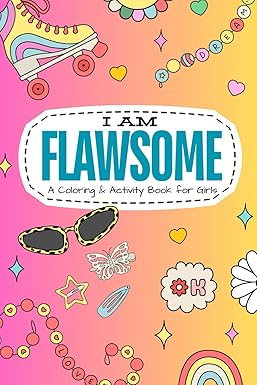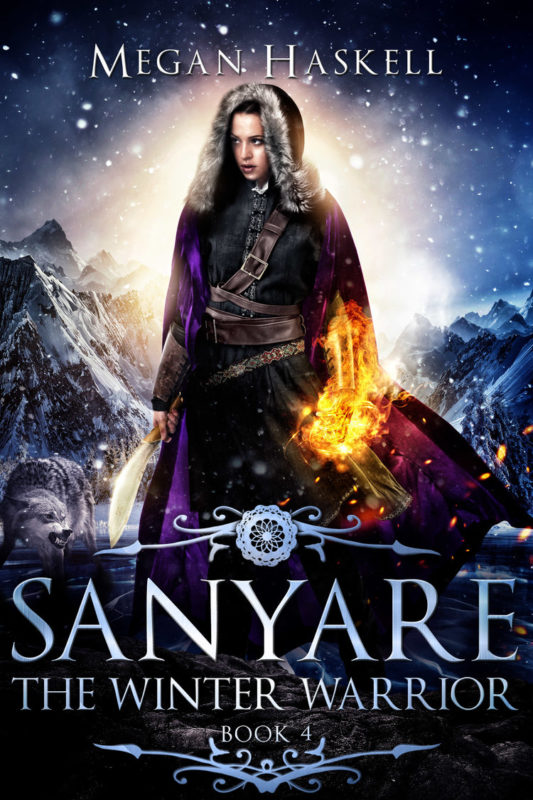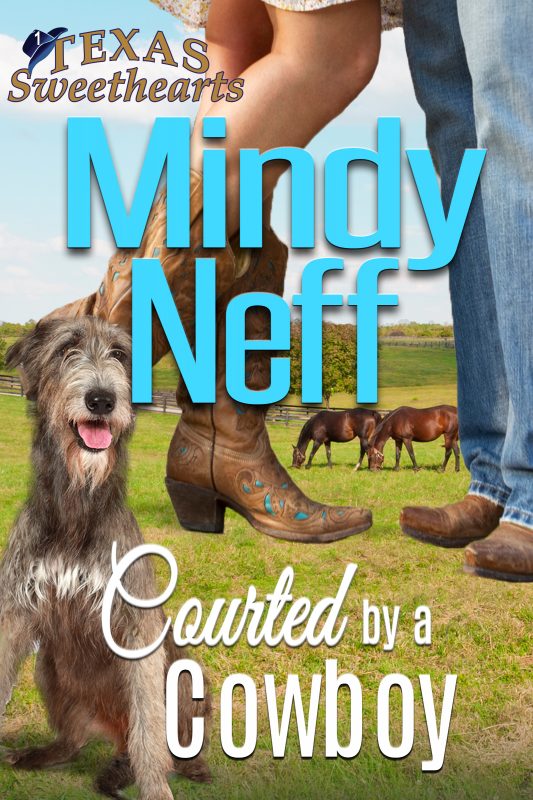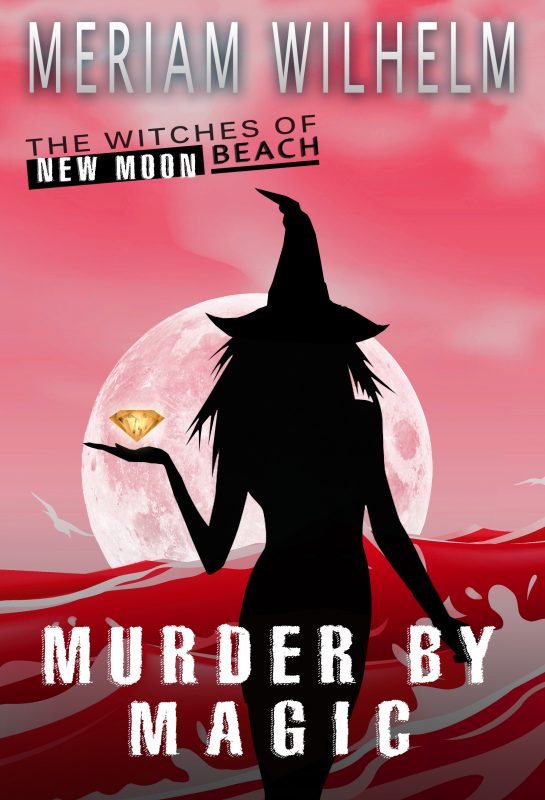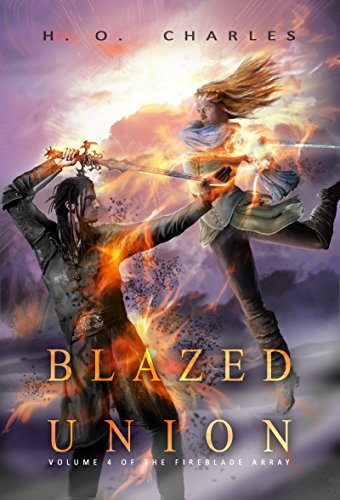Dear Extra Squeeze Team, Beta Readers?
February 29, 2020 by The Extra Squeeze in category Featured Author of the Month, The Extra Squeeze by The Extra Squeeze Team tagged as Beta Readers, HO Charles, Jenny Jensen, Rebecca Forster, Robin Blakely, The Extra Squeeze Team
Ever wonder what industry professionals think about the issues that can really impact our careers? Each month The Extra Squeeze features a fresh topic related to books and publishing.
Amazon mover and shaker Rebecca Forster and her handpicked team of book professionals offer frank responses from the POV of each of their specialties — Writing, Editing, PR/Biz Development, and Cover Design.
Do you have a question for The Extra Squeeze Team? Send them to us by using this handy link.

Dear Extra Squeeze Team, What Are Beta Readers and How Do I Get One?
Robin Blakely
PR/Business Development coach for writers and artists; CEO, Creative Center of America; member, Forbes Coaches Council.
If you want to write a better book, consider finding a few Beta Readers.
The big idea behind working with Beta Readers is to test drive your finished piece on folks who will provide you with valuable insights that could improve your work before it reaches the general marketplace. As an author, you know that the reading experience matters. So you want to discover how the book is perceived by readers when you still have the opportunity to tinker with the mechanics of the experience, if you need to. It’s like your book is a roller coaster ride–you are the engineer who built the roller coaster and who wants to make sure the experience of the ride is everything you imagined it would be. Your Beta Readers are going to take a ride and tell you how it feels.
Here are three rules to abide by:
- Pick Beta Readers who already like, love or super-love your genre. If you have a vampire book, you want somebody who has read a few vampire books to weigh in on how your story stacks up. In roller coaster terms, the ones who know the difference between the almost flat, slow-moving Wacky Worm and the fast and jaw dropping Coney Island Cyclone are very important to you. A bit of experience means they have context and perspective and can tell you more about the ride than folks who don’t know what to expect. That is not to say that only those with experience are valuable, but it is to say that it is important to know the level of experience of the rider before you consider redesigning your roller coaster to suit them.
- Stay focused on the Beta Reader’s experience. Ask Beta Readers about where and when things were good, surprising, or breathtaking. Ask about when and where things were too slow, too fast, too sharp or too unexpected. Focus on their experience and see if several Beta Readers say the same thing independent of each other. Then do the critical thinking needed to adjust your ride. In roller coaster terms, don’t expect the Beta Reader to know what caused the ride to be too slow or too fast. Some may intuitively know solutions but really those problem-solving issues are up to the engineer or the mechanic—not the rider. Readers have different preferences so listen and watch for the patterns that emerge as Beta Readers share their experiences with you. If everyone remarks upon the same twist or turn in the ride, take a closer look at that place. Don’t try to rebuild to suit every preference. This is your roller coaster.
- Define where the Beta Reader fits into your production process. Don’t confuse the role of the Beta Reader with the role of the Editor. The goals are different. You either want the Beta Reader to help you make the best book for the editor or you want the Editor to help you make the best book for the Beta Reader. Be clear about when the Beta Reader is most valuable to you and how you will use the info that you acquire. The big idea is that the first impression is valuable, and you can’t have a first impression more than once. Value that first impression and leverage it.
How do you find Beta Readers? Not everyone is a good Beta Reader. Ask people who love to read to recommend their friends. Make it known to family, friends and colleagues that you want Beta Readers, what the role will involve and when the readers will be needed. Be organized and clear and very grateful.

Rebecca Forster
USA Today Bestselling author of 35 books, including the Witness series and the new Finn O’Brien series.
A beta reader will give you objective input on your work before publication. These dedicated readers want you to succeed and they read extensively in your genre. I’m lucky to have a handful of trusted beta readers. They are smart, well read, and thoughtfully tell it like it is. I have been able to smooth over rough patches, deepen characterization and recognize pure silliness in my work because of them. Is love too strong a word for what they do for me? That being said, the wrong beta readers can shake an author’s confidence, undermine a vision and create chaos. One good one is worth five divisive ones. You can find them in critique groups, within your group of dedicated fans, or online in book groups. I found a wonderful article on beta reader etiquette.
This might help when you are trying to decide who you would like to invite into this very essential group: Helping Writers Become Authors Beta Reader Etiquette

Jenny Jensen
Developmental editor who has worked for twenty plus years with new and established authors of both fiction and non-fiction, traditional and indie.
Just like the software industry where a new, unreleased program – the beta version – is given to a group to test, writers ask a person familiar with their genre to read their manuscript. In both instances it’s a great way to work out kinks before publication.
A Beta Reader is not a critique partner. Those are the individuals who review your manuscript from a writer’s perspective. The Beta Reader provides a review from a reader’s perspective; their response more likely reflects how your intended audience will react to your story. That’s a critical perspective and gives the writer useful much useful fodder for improvement. Think of them as quality control.
Don’t confuse the Beta Reader with an editor. A professional editor, depending on the level of edit you use, will look closely at your manuscript for style issues, plot holes, inconsistencies etc. The Beta Reader simply tells you if the book was readable, or enjoyable or boring. Don’t expect them to tell you why or how it struck them that way, but value a reader’s opinion and use it when you reevaluate and revise.
You can find Beta Readers among friends or family members whose honesty you can trust. It’s good to reach outside your own circle, to a book club member for instance. The best place is to look to the writer’s community. Goodreads Beta Readers Group is great. My Writer’s Circle is an active writer’s platform also. Seek Beta Readers on Google and ye shall find.
Most writers work with more than one Beta Reader. Be careful to keep that within reason — info overload can paralyze your brain. And remember, this is a service you look to have donated; reciprocate by acting as a Beta Reader yourself. Every writer needs one or two.
H.O. Charles
Cover designer and author of the fantasy series, The Fireblade Array
A beta reader will read the early, pre-publication versions of your books and identify any errors, plot holes, or editing problems. They could be pretty much anyone with an interest in reading. There are good betas and not-so-good betas. I picked several from amongst my fans – the ones who were desperate to read the next book, but I made sure I stuck with those who were the pickiest! The more errors they found, the more they questioned me, the more likely I was to choose them to be betas for the next book. They are very useful people!






